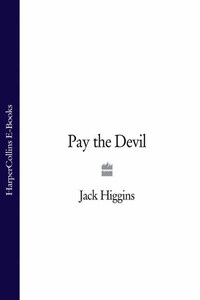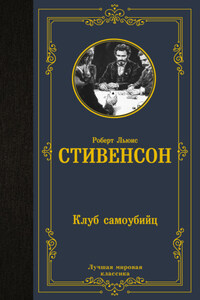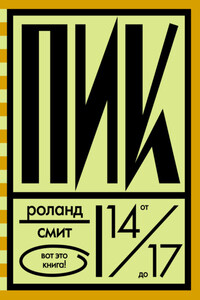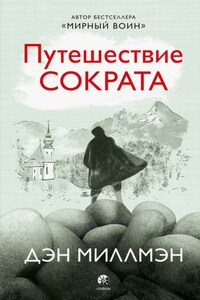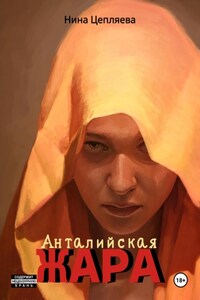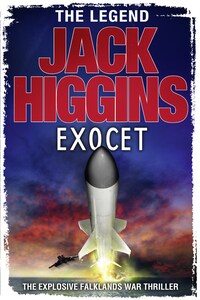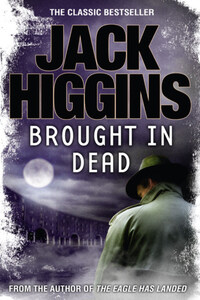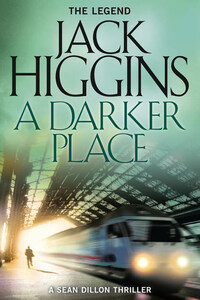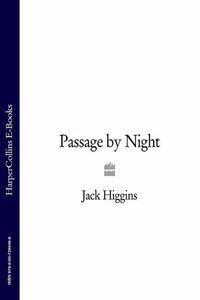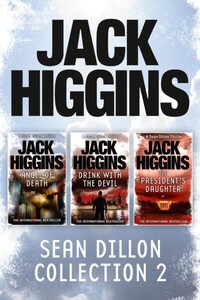They were hanging a man on the bridge below as Clay Fitzgerald rode through the trees on the hill. It was raining heavily, dripping from his felt campaign hat, soaking into the caped shoulders of his shabby grey military greatcoat.
The man who followed him was black, of middle years, tall and thin with aquiline features that hinted at mixed blood. Like Clay, he wore a felt hat and a frieze coat crossed by a bandolier of shotgun shells.
‘We got a problem, General?’
‘I’d say so, Josh. Let me have that spyglass of yours, and I wish you wouldn’t call me general. I only had one hundred and twenty-three men left in the brigade when General Lee gave me the appointment. Now it’s more like twenty.’
Behind them a young horseman eased out of the trees wearing a long cavalry coat in oilskin, Fitzgerald’s galloper, Corporal Tyree.
‘Trouble, General?’
‘Could be. Stay close.’
Clay Fitzgerald took the spyglass then produced a silver box from a pocket, selected a black cheroot and lit it with a lucifer match. He dismounted and walked to the edge of the trees. Black eyes brooded in a tanned face, the skin stretched tightly over prominent cheekbones, one of them disfigured by a sabre scar. It was a hard face, the face of a man few would care to offend, and there was a quality of calm about him, of complete self-possession, that was disturbing.
Eight men on horseback advanced on the bridge below, hooves drumming on the wooden planks. At that stage in the war, it was difficult to distinguish which uniforms they wore, and it was the same with the two prisoners dragged behind, ropes around their necks.
As Clay watched, there was laughter and then a rope was thrown over a bridge support beam, a rider urged his horse away and one of the prisoners went up kicking. There was more laughter, flat in the rain. Clay Fitzgerald swung into the saddle.
He said to Tyree, ‘Find the men and fast.’ Tyree turned his horse and was away.
Josh said, ‘Are you going to be foolish again?’
‘I’ve never been good at standing by, you know that. Wait here.’
Josh said, ‘With the general’s permission, I’d like to point out that when your daddy made me your body servant, you was eight years old. I’ve whipped your backside more than once, but only when you needed it, and I’ve gone through four years of stinking war with you.’
‘So what are you trying to say? That you always got your own way?’
‘Of course, so let’s do it,’ and Josh put his heels to his horse.
They went down fast, pulled in and cantered onto the bridge. The eight men, milling around the remaining prisoner, laughing and shouting, settled down and turned. They were all bearded and of a rough turn and armed to the teeth, the uniforms so worn that it was difficult to determine whether they were blue or grey.
The prisoner on the end of a rope was very young and wore a shabby Confederate uniform. He was soaked to the skin, blue with cold and despairing, shaking with fear.
Clay and Joshua reined in. Clay sat there, the cheroot in his teeth; Josh kept slightly back, his right hand in the capacious pocket of his frieze coat. The man who urged his horse toward them wore a long riding coat over whatever uniform. His face was hard, empty of any emotion, black-bearded. He reined up and took in Clay’s rank insignia on his collar.
‘Well, now, boys, what have we got here? A Reb cavalry colonel.’
‘Hey, he could be worth money,’ one of the men said.
It was quiet, the rain rushing down. Clay said, ‘Who am I dealing with?’
‘Name’s Harker; and who might you be?’
It was Josh who answered. ‘This here is Brigadier General Clay Fitzgerald, so you mind your manners.’
‘And you mind your mouth, nigger,’ Harker told him. He turned back to Clay. ‘So what do you want, General?’
‘The boy here,’ Clay said. ‘Just give me the boy.’
Harker laughed out loud. ‘The boy? Sure. My pleasure.’
He snatched the rope holding the young prisoner from one of the men, urged his horse forward and reined in, kicking the boy over the edge of the bridge. The rope tightened.
